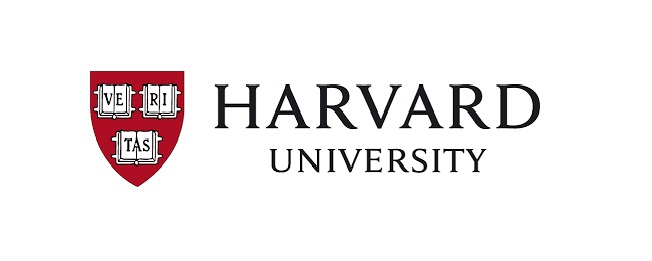Education
Harvard Strengthens ‘Living Laboratory’ To Help Mitigate Climate Impact

New course, research fund aimed at action on climate and sustainability
Healthy buildings and clean air keep people healthy.
That simple premise is driving a series of studies being conducted by Harvard researchers, some of which have gathered insights from University dorms and office buildings. It is part of a multiyear partnership between the Office for Sustainability and the T.H. Chan School of Public Health’s Center for Health and the Global Environment to use campus spaces to inform public health research and apply the findings in capital projects and renovations.
This partnership and another involving faculty and students working to reduce greenhouse gas emissions are being hailed as models for the type of collaborative work that the University wants to stimulate as it launches a reinvigorated “campus as a living laboratory” initiative. The effort will support projects that use the campus as a test site for developing solutions that enhance well-being and mitigate climate impact, or help neighboring communities tackle these problems. The outcomes will be specifically designed for sharing at local, regional, and global levels.
The initiative announced today includes two new, fully funded projects:
- A multiyear Climate Solutions Living Lab Course and Research Project to study and design practical solutions for reducing greenhouse gas emissions at Harvard, in neighboring communities, and beyond; and
- A $200,000 Campus Sustainability Innovation Fund to support undergraduate and graduate student research that addresses sustainability challenges, including but not limited to climate and health. This builds on an existing Student Sustainability Grant program that provides seed funding for students to pilot their creative ideas.
“We want Harvard to be a laboratory for the way organizations can choose to operate, not just to model the change we want to see in the world but to spark new approaches and methods that have broad applications,” said President Drew Faust. “These goals create opportunities for our students to expand their knowledge and skills as they seek to address global challenges.”
Wendy Jacobs, clinical professor and director of Harvard Law School’s Emmett Environmental Law and Policy Clinic, will lead the Living Lab Course and Research Project, which is designed to bring together students from across the University in interdisciplinary teams to develop innovative approaches for reducing greenhouse gas emissions at Harvard and beyond. The strategies will be scalable for consideration and potential adoption by other similarly situated institutions and enterprises that want to reduce their emissions and improve public health in and around their buildings.























































